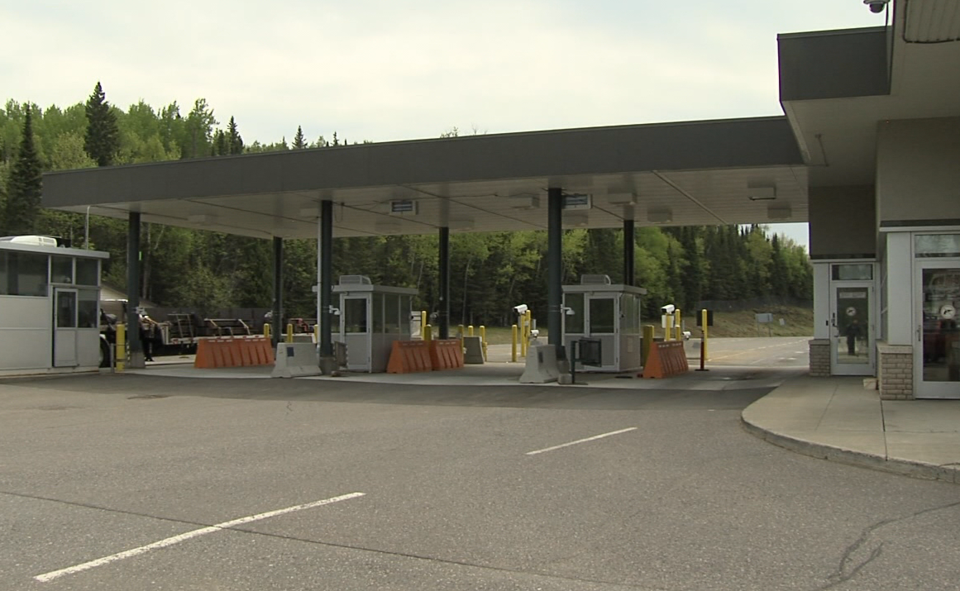OTTAWA – By Feb. 22, all travelers entering Canada will have to electronically submit a pre-arrival quarantine plan, along with travel and contact information before crossing the border into the country.
Health Minister Patty Hajdu on Friday laid out the details the expanded international travel restrictions, noting that as of Monday, all land-based travelers, with limited exceptions, will have to provide proof of a negative COVID-19 test taken in the United States within 72 hours of arrival. Alternatively, they must provide proof of a positive test taken 14 to 90 days prior to arrival.
As of Feb. 22, all land-based travelers will also be required to take a COVID-19 molecular test on arrival, and an additional test toward the end of their 14-day quarantine.
Those who show up and can’t produce a proper test result will be allowed entry, but may be subject of a daily fine of $3,000 until a test is completed or face criminal prosecution. Those who are symptomatic may be required by law to enter a designated quarantine facility.
Those violating quarantine or isolation orders under the Quarantine Act could face up to six months in prison and/or a fine of up to $750,000.
Travel restrictions for air travelers will go into effect on Feb. 22, and will require a molecular test prior to exiting the airport and a second test toward the end of their 14-day quarantine.
Air travelers will also be required to reserve a three-night stay at a government-approved hotel, where they must await test results before proceeding to their approved quarantine site to wait out the remainder of their 14-day isolation.
“We continue to detect variants of concern, and this is why we are putting these additional measures in place. Now is not the time to travel, so please cancel any plans you might have,” Hajdu said in a release issued by the federal government.
The hotel stays and testing are at the expense of the traveler, with the former expected to cost upward of $2,000 per person.
The Canada/U.S. land border has been closed to non-essential traffic since last March and will remain so, but Canadian residents are permitted to return home from south of the border – and many Canadians had their vehicles shipped to the States and picked them up on the U.S. side after flying into the country.
“With these additional COVID testing requirements and safety measures at the land border we are taking extra steps to help prevent the spread of COVID-19 and its variants. As we do for air travel, we are now also requiring travelers by land to provide information using ArriveCAN to facilitate processing and limit points of contacts between border services officers and travelers. We'll always prioritize the health and safety of Canadians as we make decisions,” said Minister of Public Safety and Emergency Preparedness, Bill Blair.
Essential travelers are exempt from the new restrictions, in order to keep essential supply chains between Canada and the United States continue uninterrupted.
